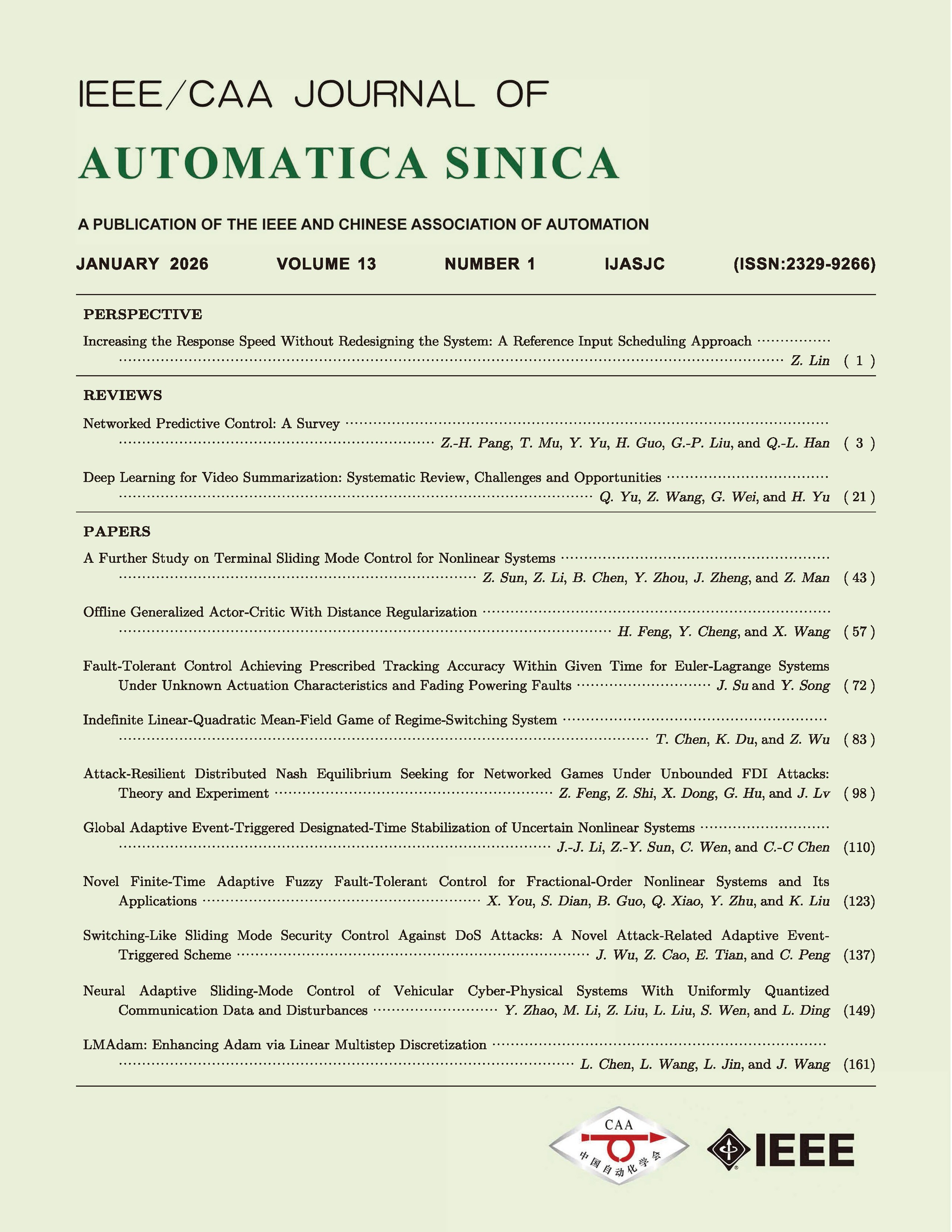Vol. 1, No. 3, 2014
Display Method:
2014, 1(3): 225-226.
Abstract:
2014, 1(3): 227-238.
Abstract:
2014, 1(3): 239-247.
Abstract:
2014, 1(3): 248-256.
Abstract:
2014, 1(3): 257-266.
Abstract:
2014, 1(3): 267-273.
Abstract:
2014, 1(3): 274-281.
Abstract:
2014, 1(3): 282-293.
Abstract:
2014, 1(3): 294-301.
Abstract:
2014, 1(3): 302-314.
Abstract:
2014, 1(3): 315-322.
Abstract:
2014, 1(3): 323-336.
Abstract:


 E-mail Alert
E-mail Alert


